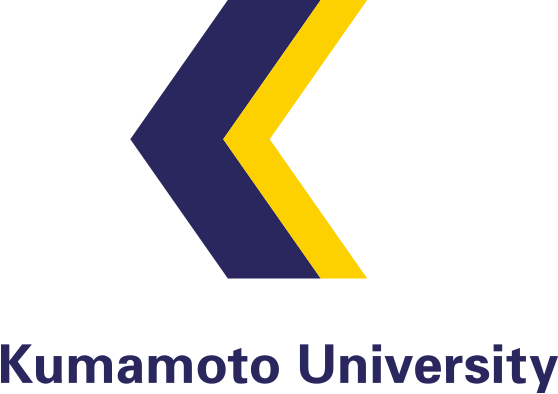Use ICT to foster individuals who can contribute to society



As CIO, created a framework to help prevent the spread of the new coronavirus
Interviewer (referred to as ◆ below): Tell us about your responsibilities as a trustee.
Usagawa: I am mainly responsible for education and student support. I am working on creating a better learning environment for students and considering what the university can do to further support students in need.
As Chief Information Officer (CIO), I am also responsible for the university’s information systems. I have been involved in the implementation of e-learning systems on campus since around 2004, and I worked to ensure and improve the quality of education using ICT as Dean of the Faculty of Engineering until 2019.
Since the outbreak of the new coronavirus began nationwide in 2020, we have been working to develop a framework for delivering remote classes and supporting both students and faculties.
◆: The impact of the new coronavirus is still significant.
Usagawa: In a situation where we could not foresee the end of the crisis, it was difficult to think of what we could do. Some students did not have Wi-Fi routers or computers, so we offered to loan them equipment and strengthened the Wi-Fi environment on campus. Most teachers were also new to remote teaching, so we organized frequent on-campus symposiums for sharing ideas on how to make remote classes more effective.
Since I became the trustee for education and student support in April 2021, I have tried to address issues as they arise according to the infection situation, such as controlling lecture classroom capacity, by considering the areas of improvement and needs that have been identified over the past year.
However, the inability of students to come to campus has had an impact on our support services for students who are struggling or in need. Our task will be to figure out what we can and should do to prevent the isolation of students who cannot speak out.
Fulfilling the university’s role of “Human Resource Development” in the midst of changing attitudes toward education
◆: What do you think of Kumamoto University’s role in terms of education?
Usagawa: In my view, the role of a university is to educate the students entrusted to it by society into individuals who can contribute to society, and then send them back into society. I believe that once students enter Kumamoto University, there is an unspoken contract between their family, the students, and the university that the university will do their best to fulfill this role.
Given the current social situation, it is becoming increasingly difficult for students to study abroad. However, if students take advantage of the distance learning system, they can also take classes at overseas universities across time and space without having to go to the university in person.
Studying has become much more flexible. We will consider what Kumamoto University can do compared to other universities around the world and present it to students. In this way, we want to cultivate human resources that can contribute to society.
Engaged in research to analyze responses to stimuli with a focus on humans
◆: What type of research have you been involved in?
Usagawa: Originally, I did research on sound. I conducted psychological analysis of how sounds are heard and what the resulting reactions are. I also created computer models of how people hear.
On the other hand, since about 20 years ago, I have studied e-learning systems and ways to conduct education remotely. Since about 2004, I visited Indonesia frequently for about 10 years to research how to establish a distance learning and research system for the graduate school. I did the same research in Vietnam, Myanmar, and Mongolia, and students from those areas came to my lab.
There is also a case where a student who studied in the Kumamoto University system actually used the system locally. I felt that if we find a method that suits the situation of each country, we can achieve great results.
I believe that both sound and e-learning educational systems have something in common in terms of the question, “How do we respond to certain stimuli?” We do not always react in the same way to a sound we heard yesterday and a sound we hear today. I believe that analysis, taking into account the psychological aspects, will reveal an effective approach.
Student days that taught the importance of diverse perspectives
◆: What do you remember from your college days?
Usagawa: When I was in college, I used to go to the U.S. for long vacations. I stayed there for four weeks in my third year and six weeks in my fourth year. I was not good at English, but putting myself in an environment where I had no choice but to speak helped me to learn English. What I found at that time was that values differ greatly depending on race and country. I learned the importance of seeing things from different perspectives. Now, when I do research and think about different things, I have gotten used to looking at things from different perspectives.
◆: Please provide a message to the students!
Usagawa: Learning a language is important for thinking about things from different perspectives. It is important to have a lot of knowledge in your field, but it is also important to be able to communicate and express your opinions in any country you go to.
I also want students to know that it is dangerous to rely on only one language source to obtain information from different perspectives in social life. I want students to have the idea that no matter what country they are in, they will be able to use their expertise.
Kumamoto University offers students this opportunity. It is always available to you, so make good use of this opportunity.
